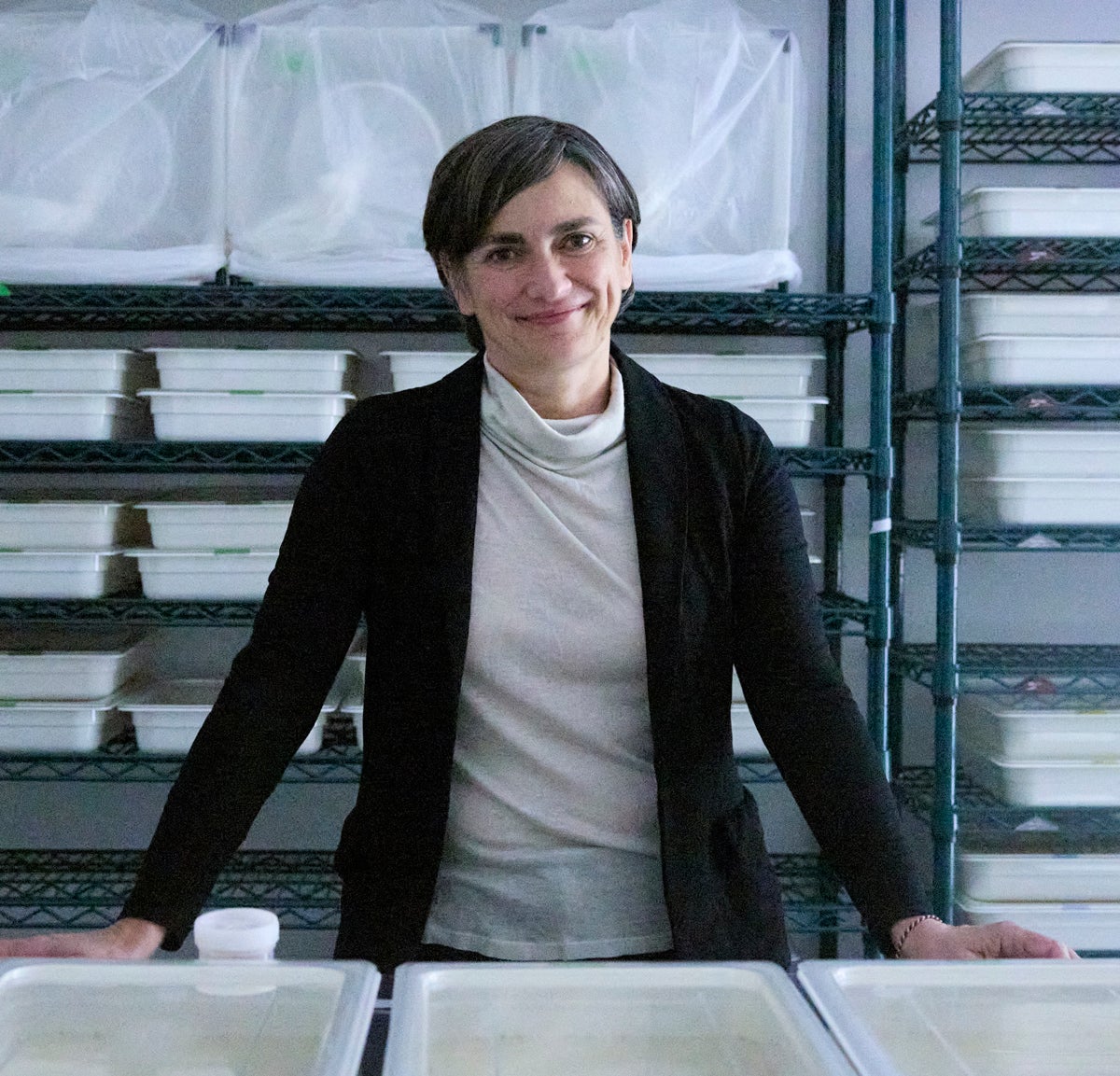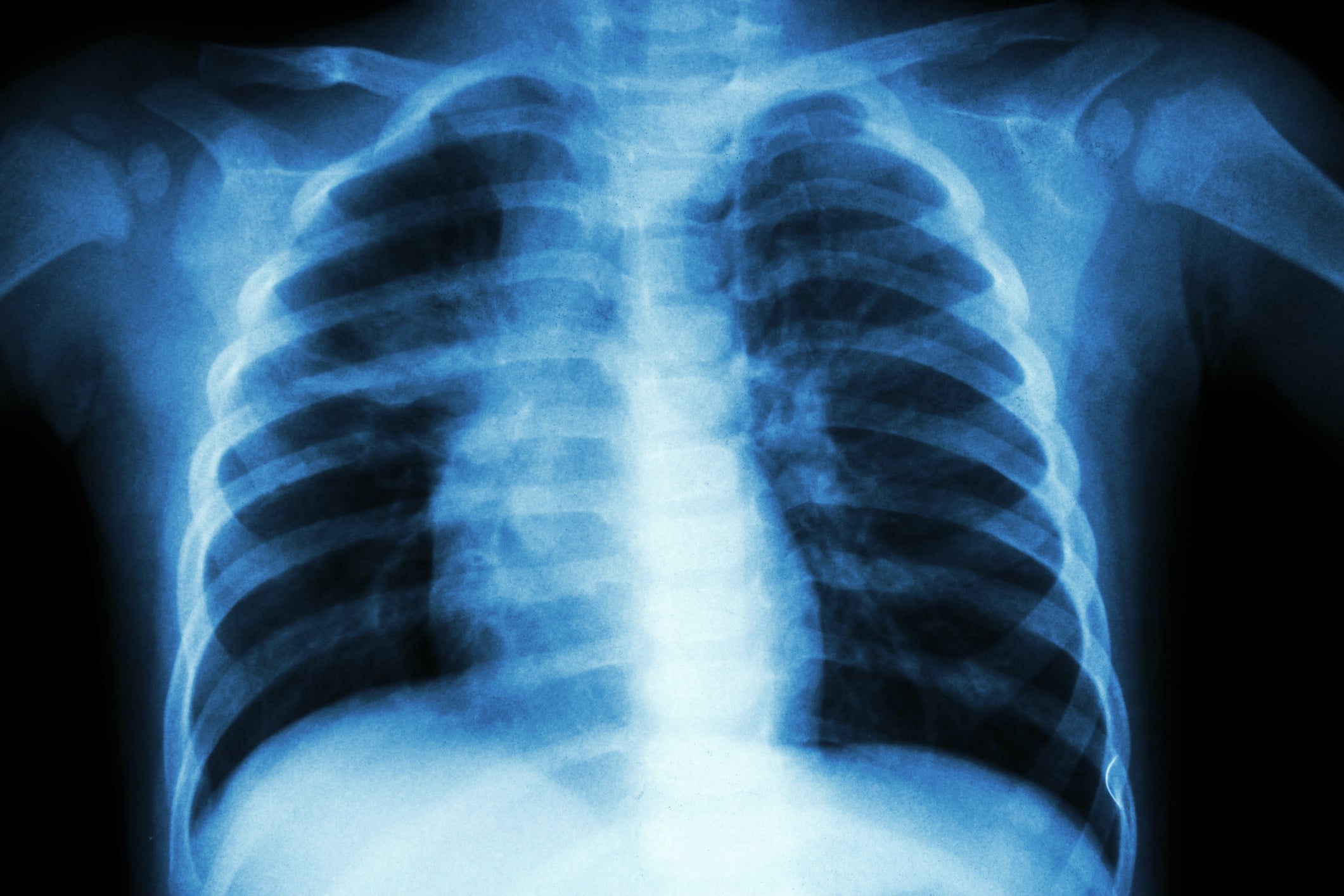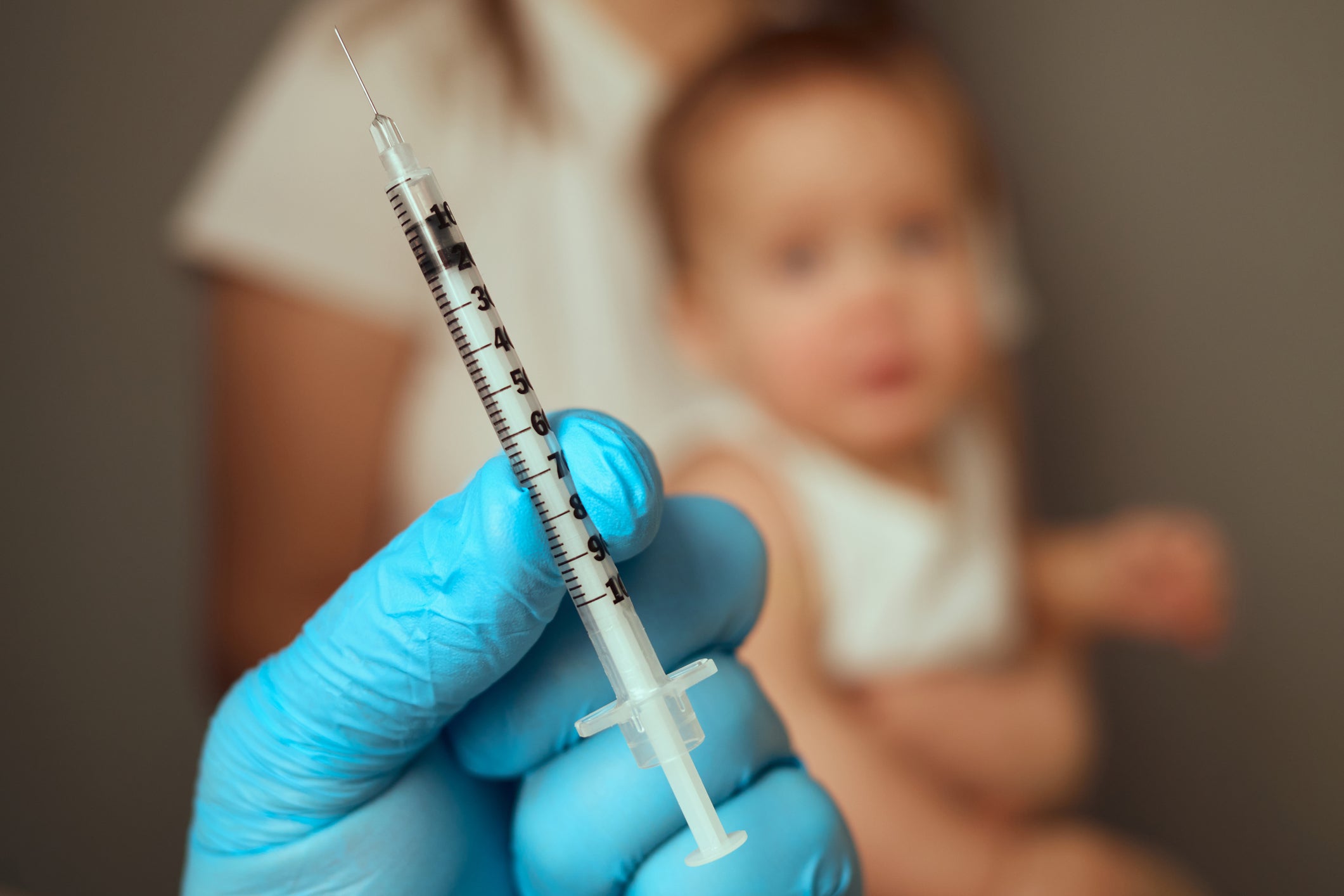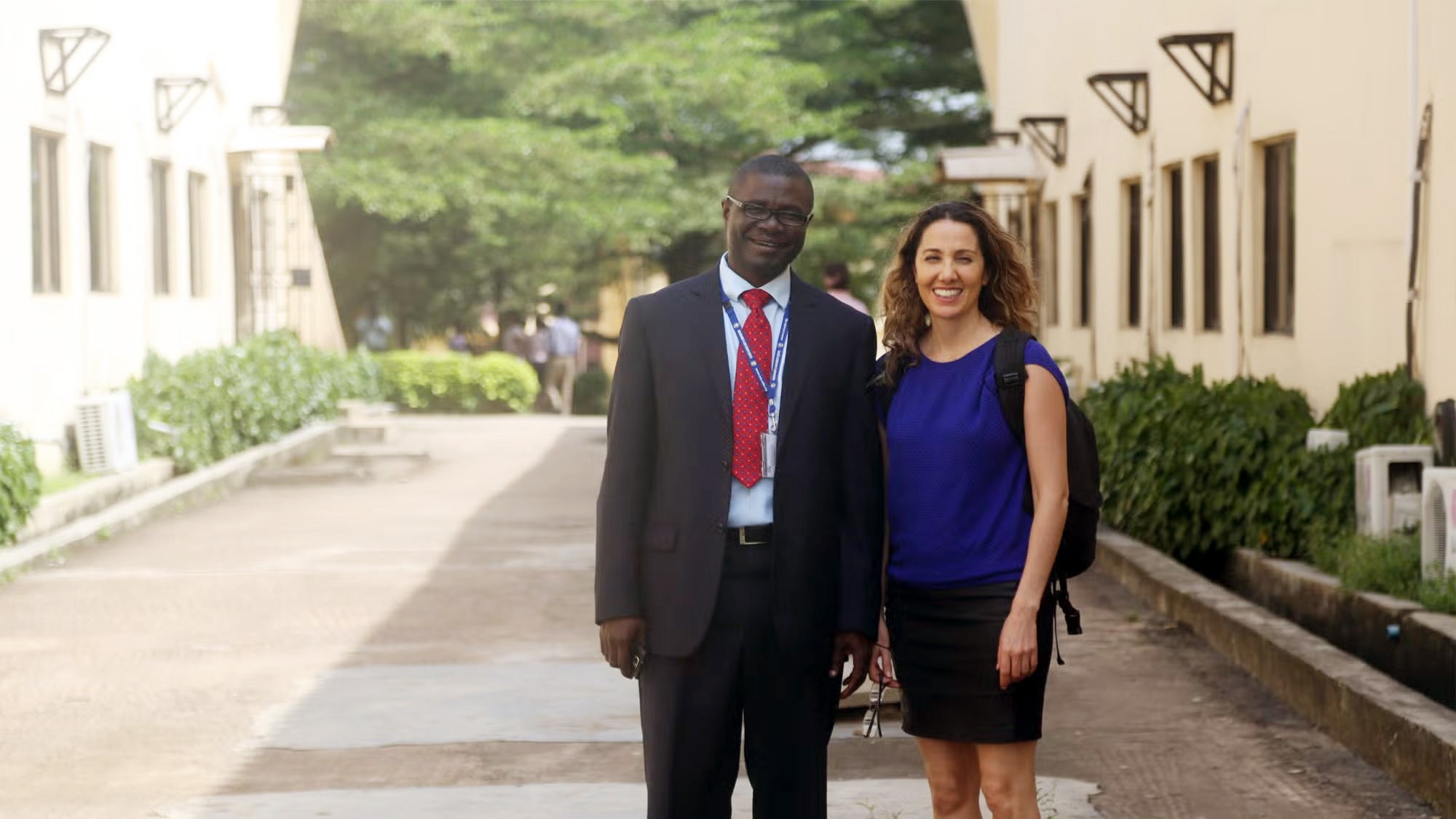Malaria deaths, once declining, have stalled, but there’s reason for hope

Infectious disease researcher Flaminia Catteruccia explores novel eradication methods in her lab and in the field. Recently, she was elected to the National Academy of Sciences. Below, she shares some thoughts on the notoriously complex disease and why she remains optimistic.
Malaria is still a major health problem, especially in tropical and subtropical countries. It infects more than 200 million people every year. Last year alone, it killed more than 600,000 people, mostly young children in Africa. It’s a huge burden for public health.
Since the beginning of this century, we thought that malaria eradication was possible, [as] malaria numbers were going down consistently year after year. But unfortunately, what’s been happening since 2015 is that the number of cases has stalled. Also, the number of deaths isn’t going down any longer. There are probably many reasons behind this, including that some of the best malaria control tools, such as antimalarial drugs and insecticide-coated bed nets, are not working as effectively as they used to.
We study how often mosquitoes transmit malaria parasites to humans and we study the interactions between the mosquito and the parasites that allow parasites to survive and to develop, and to be transmitted to humans. Our goal is to increase knowledge of these processes, so that we can come up with novel ideas and hopefully, novel strategies to block the malaria transmission cycle.

One of the aspects that we are currently working on is to develop new strategies based on the use of compounds that block development of the parasite in the mosquito. How do we do that? We give them the compounds the same way that insecticides are provided to them when we are trying to kill them, such as on bed nets or insecticides on house walls or other materials. Our idea is to use the same delivery methods, but to deliver compounds that can kill the parasites rather than kill the mosquito, so that the mosquitoes will not become resistant to these strategies.
Genetic tools and sequencing technologies have allowed me to learn a lot more about the biology of these two very different organisms, the malaria parasite and the mosquito vector; when they get together, they form a formidable alliance to transmit malaria. When I finished my PhD in 1999, we didn’t have a single Anopheles genome or parasite genome that had been sequenced. We didn’t have the possibility to generate genetically modified mosquitoes. We didn’t have access to genome-wide tools. Just 20 years later, we have all of this. We have the possibility to study both the mosquito and the parasite at the individual cell level.
We should be worried about climate change in every aspect of our society and definitely for infectious diseases. However, the reality is that we don’t really know how climate change is going to affect a disease as complex as malaria. What’s easy to predict is the impact on of climate disasters, which are recurring more and more in regions that already have shaky health systems and infrastructure. Flooding leading to roads being inaccessible, drugs that can’t be delivered to the right places, people being isolated and not being able to walk to health clinics.
But there are plenty of reasons for optimism. We have two vaccines. More vaccines will probably become available in the future. We have new drugs and new ways of controlling mosquitoes are being generated.
Getting a vaccine was like the holy grail for the community for such a long time. It’s an unbelievable achievement that we have two. There are some challenges—they have to be administered multiple times, which logistically can be hard when you have to deal with populations that are hard to reach, given a lack of infrastructure and health facilities. But they are a very important stepping stone. [Moving forward] researchers are already working on developing longer lasting vaccines that can be administered more easily to larger populations.
The economic development of affected countries will be key to the decrease in malaria cases. Because this is a disease of poverty. And that’s where the less optimistic view comes in. Unfortunately, I don’t think that poverty will be eliminated in my lifetime. Malaria will still be with us until we manage to get rid of poverty and improve living conditions for people who live in affected areas.
Lightning round
- First foray into mosquito research: As a research assistant in a lab at the University of Rome.
- Personal hero: Rita Levi Montalcini, who won the Nobel Prize for discoveries in neurobiology. She was a strong advocate for science and for women in science in Italy at a time when few people were.
- First mentor: Elena Levashina, a researcher then at the University of Strasbourg who taught me to think deeper and more critically and not stop at asking the first question.
- Career guide: Dyann Wirth, Richard Pearson Strong Professor of Infectious Diseases at Harvard Chan School, who offered me the possibility to start working in parasitology as well as in entomology. She just trusted that I could do it, which was a tremendous boost for me.
- Hobbies: Traveling. Music, both listening and playing. Running. When I’m stressed, I go for a run.
- Not good at but want to get better: I’m trying desperately to learn guitar, which I find so difficult, but I love it.
- The last movie I saw was “Perfect Days,” by Wim Wenders. Deeply inspiring on appreciating the simple things in life.
- Scientific book recommendation: “The Conquest of Malaria,” by Frank Snowden. It’s about the elimination program in Italy.
- Still gives me a chuckle: I have a cartoon with two mosquitoes sitting on deck chairs next to one another, and one tells the other, “My life sucks.” And the other one says, “congratulations!”
Photos: Kent Dayton


